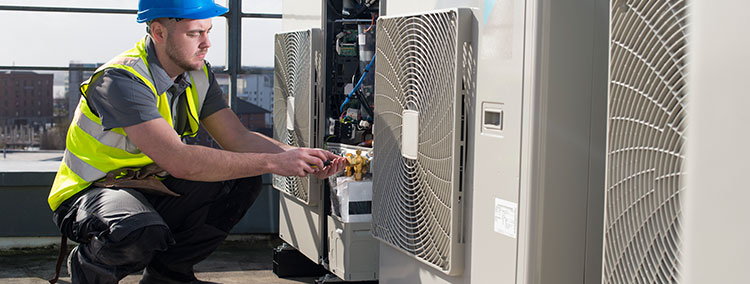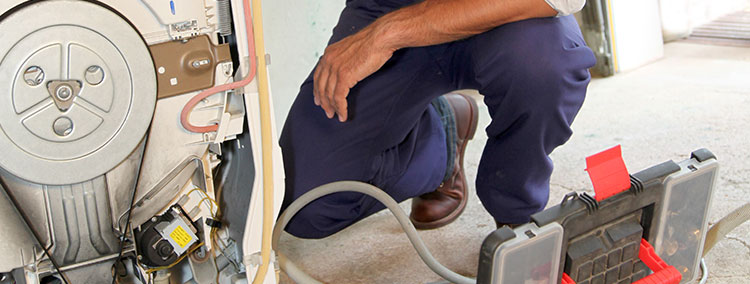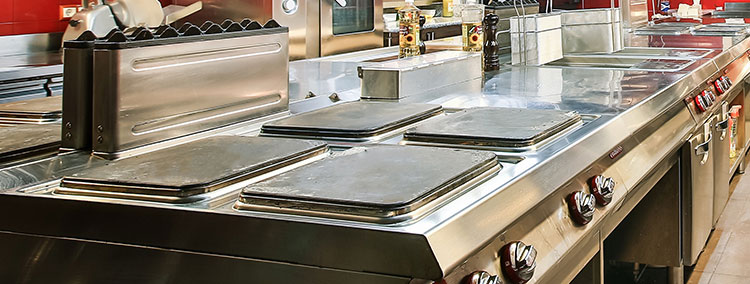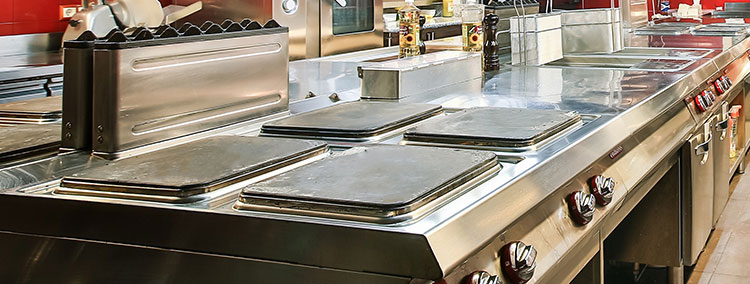As much as a washing machine is a vital appliance in your home as it makes cleaning easy, you shouldn’t wash everything using it. This is because some items can cause damage to them, and you are forced to hire an appliance repair professional.
Which are these items? Here they are:
Memory foam pillows
You can wash most synthetic, cotton, and even down pillows in the washer, but you can’t do this to memory foam pillows usually can’t. This is because foam is too fragile, and the process can easily tear it. Even if you choose not to spin, the clothes will still be heavy and wet, so don’t do it.
Most of the time, you can wash the covers in the washing machine. But use the upholstery attachment on your vacuum to clean the foam pillow. If you need to clean specific spots, use a microfiber cloth, a mild dish detergent solution, and a damp cloth to clean.
Loose bras
Washing a bra can ruin its shape and hurt its underwire. On top of that, the metal clasps can easily catch on other things in the load and tear them while the cycle is running.
Use a laundry bag when you wash your bras in the washing machine. If you want to be safe and don’t want any damage, wash by hand.
Swimwear
Even if the tag on your swimsuit says it can be washed in a washing machine, you should wash it by hand if you want it to last.
You should note that when you put the swimwear material through a wash cycle, the material will stretch and sag, which means it will lose shape over time. You don’t want this, do you?
Whether your swimwear is made of nylon or spandex, the material can easily get caught on other things in the load, like zippers or clasps, and get damaged. To avoid damage and disappowashingr, wash it gently is better by hand.
Embellished items
If your clothing has sequins all over it, it’s likely to get ruined in the washing machine.
Even if you turn the item inside out, many threads can still be pulled or caught during the cycle.
If the decorations are stuck on, that won’t help either because the heat can melt the glue.
Don’t put your embellished clothing items in the washing machine to avoid all the problems that can come about.
For the same reason, you shouldn’t put anything with lace or embroidery. Lace is too fragile and can be torn easily by other things. To protect your clothing, follow the care label and take them to a dry cleaner if you need to.
Delicate sweaters
This is probably the mistake that people make the most. If the item is made of wool, cashmere, or velvet, check the care label to learn how to wash it.
The high temperatures in a washing machine can make the fabric shrink, and rubbing against other things can make it look old.
You can wash your sweater by hand with a mild detergent or take it to the dry cleaners if necessary.
Even if the care label says you can wash the sweater in a machine, use a laundry bag to protect it during the cycle and make it last longer.
Suits
It makes sense to follow ties with suits, which should also not be washed in a machine. Most are made of delicate fabrics that can easily get ruined in the wash.
Even if the suit is made of cotton or polyester, it will still have interfacing, giving it its shape. Water can break down interfacing and make it bend out of the body, so don’t wash your suits in the washing machine. Instead, take them to a dry cleaner.
Parting shot
These are some of the clothing items you shouldn’t wash in the washing machine. You protect your clothing and engine by passing the right things in your washing machine, so you don’t need a washer repair Springfield professional.



